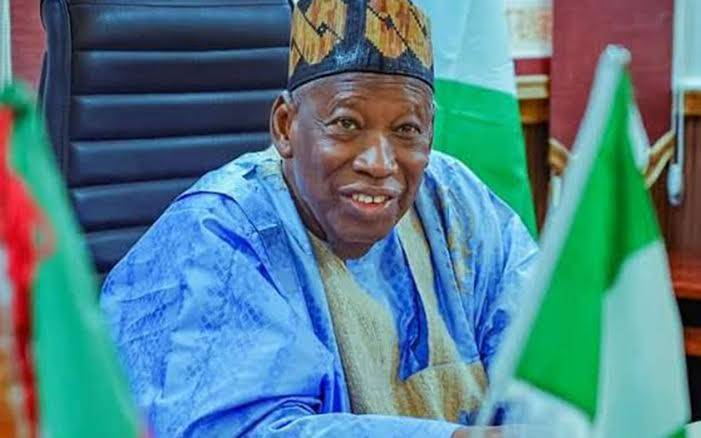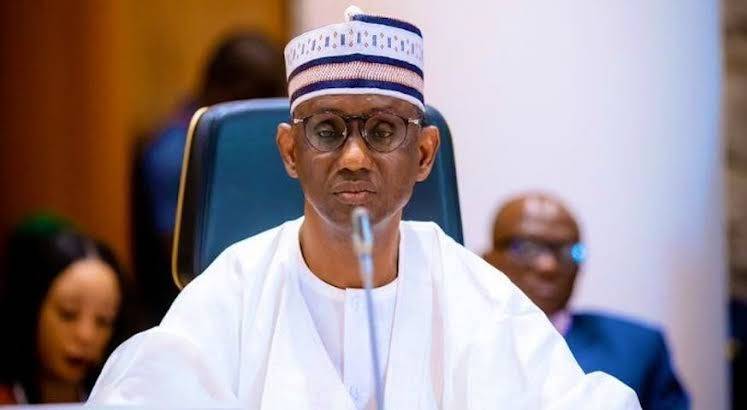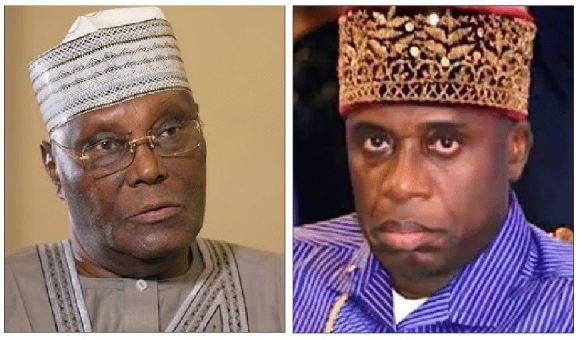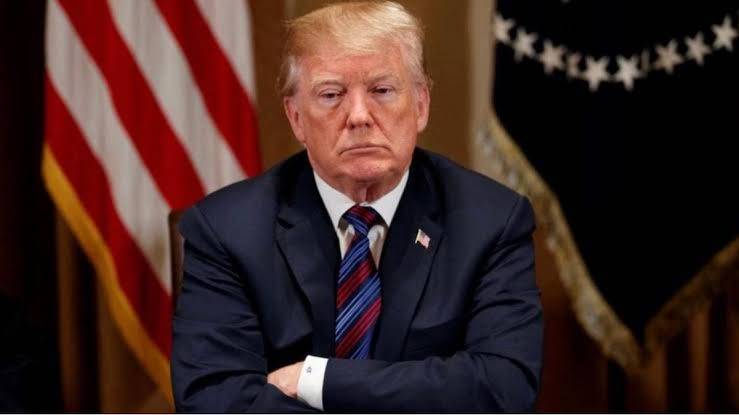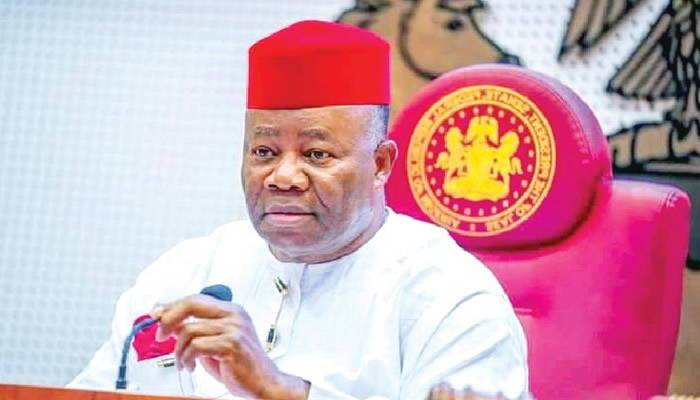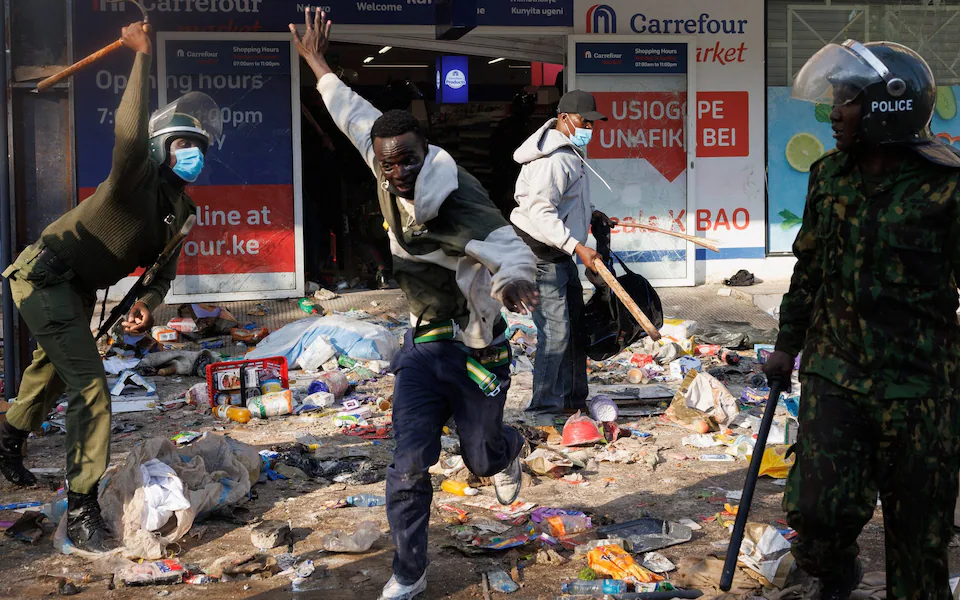Pakistan’s supreme court adjourned Tuesday without ruling on the legality of political manoeuvres that led Prime Minister Imran Khan to dissolve the national assembly and call fresh elections.
The court, which will resume Wednesday, must decide if the deputy speaker of the assembly violated the constitution by refusing to allow a no-confidence vote against Khan at the weekend.
Had the vote taken place Khan was certain to have been booted from office, but the move allowed him to get the presidency — a largely ceremonial role held by a loyalist — to dissolve parliament and order an election, which must be held within 90 days.
President Arif Alvi upped the ante Tuesday by issuing a letter to the opposition saying if they did not nominate a candidate for interim prime minister, the process would continue without them.
Shehbaz Sharif, who would have replaced Khan had Sunday’s vote taken place, said he would not participate.
“The main issue is that the constitution has been abrogated,” he told reporters outside the court.
“If we don’t get a remedy then Pakistan will, God forbid, become a banana republic.”
Khan has already nominated former chief justice Gulzar Ahmad for the role.
Nuclear-armed Pakistan has been wracked by political crises for much of its 75-year existence, and no prime minister has ever seen out a full term.
There had been high hopes for Khan when he was elected in 2018 on a promise of sweeping away decades of entrenched corruption and cronyism, but he has struggled to maintain support with soaring inflation, a feeble rupee and crippling debt.
‘Foreign interference’
The opposition had expected to take power on Sunday after mustering enough support to oust him, but the deputy speaker refused to allow the vote to proceed because of alleged “foreign interference”.
Khan said the opposition had gone too far by colluding with the United States for “regime change”.
The cricket star turned politician says Western powers want him removed because he will not stand with them against Russia and China, and the issue is sure to ignite any forthcoming election.
Washington has denied any interference.
On Tuesday Khan ramped up the anti-US rhetoric, calling for protests to “send a message to America, and those traitors who are a part of it here, so they should know that we are a free country and will never let this conspiracy succeed”.
It is unclear when the court will rule on the issue — or if Khan would even accept its decision — but there is precedent.
In 1988, Muhammad Khan Junejo appealed to the court after the assembly was dissolved by then president General Zia-ul-Haq, who had taken power in a military coup years earlier.
It agreed his government had been dissolved unconstitutionally, but ruled that since elections had been announced anyway it was best to move on.
In 1993, the court ruled president Ghulam Ishaq Khan had also illegally dissolved the assembly — then with Nawaz Sharif as prime minister.
Although the government resumed business, it lasted less than two months before being dissolved again.
The supreme court is ostensibly independent, but rights activists say previous benches have been used by civilian and military administrations to do their bidding throughout Pakistan’s history.
Publicly the military appears to be keeping out of the current fray, but there have been four coups since independence in 1947 and the country has spent more than three decades under army rule.
On Tuesday the court said it would not “indulge in the matter of state policy or foreign policy” in making a decision.
“Our concern is the legality of the ruling of the speaker,” said Chief Justice Umar Ata Bandial.


